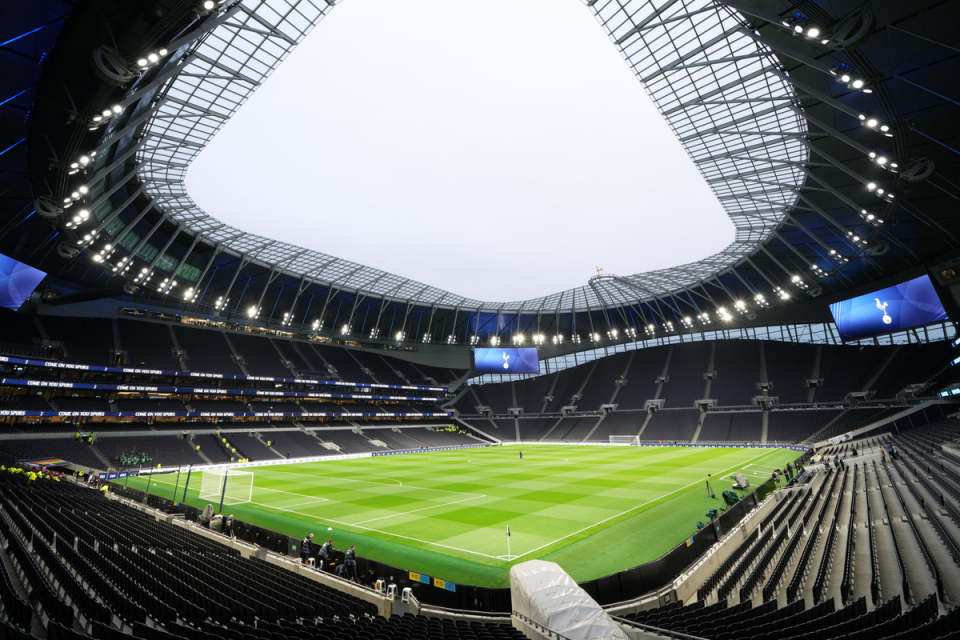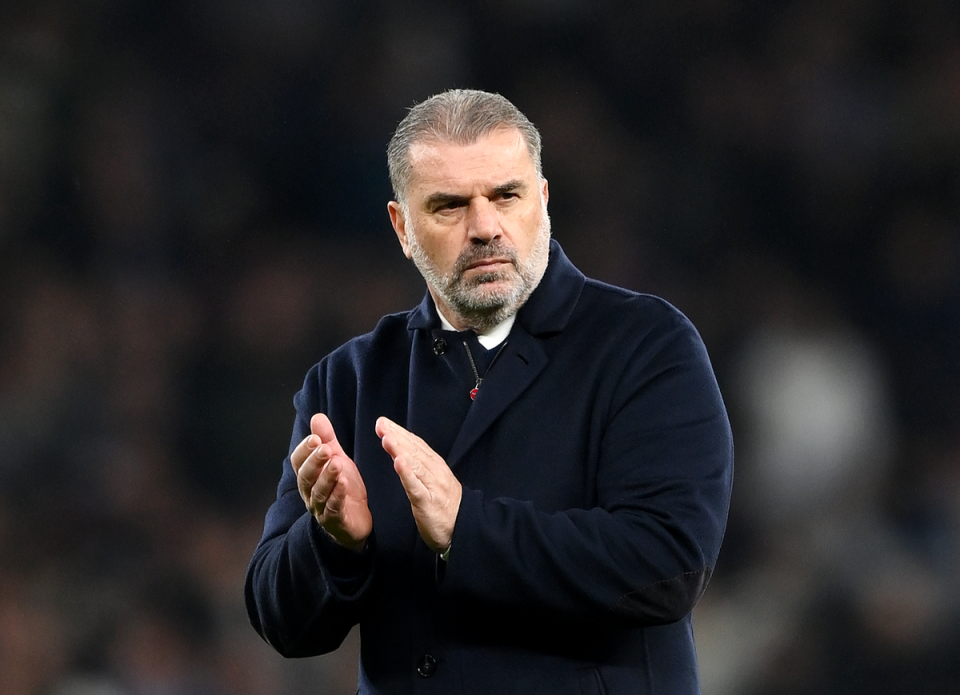OPINION - Tottenham’s shiny alien spaceship is turning this corner of N17 on its head

It is a cold and bleak early winter’s afternoon in N17.
The row of rundown takeaways on Tottenham High Road are a reminder that this is one of the most deprived postcodes, not just in London, but the entire country.
Overlooking the scene, in startling contrast, towers the extraordinary spaceship structure that is the Tottenham Hotspur Stadium, the £1.2 billion home of the Premier League football club.
No football is being played today, the last game was a 2-1 defeat to Aston Villa on Sunday. But the 10-acre site is alive with activity.
In the high-achieving sixth form London Academy of Excellence Tottenham, built as part of the stadium development and sponsored by the club, students Robert Johnson and Ya’Seen Ali are getting ready for imminent interviews at Cambridge’s Churchill and Selwyn colleges.
In the row of once derelict Georgian buildings, including handsome Grade II* listed Percy House, fronting Tottenham High Road, staff at the club’s Foundation are preparing classes in a wide range of personal development programmes for local residents.
Just as Spurs the football club, under the new management of Ange Postecoglou, wants to throw off its image as one of the league’s perennial under-achievers, so, it is hoped, the buzz and activity around the new stadium will help transform the fortunes and reputation of one of London’s most maligned districts.

A report commissioned by the club to measure just how much difference to the social fabric of its community the stadium investment has made thumped on the desks of chairman Daniel Levy and executive director Donna Cullen last week and has been seen by the Standard.
The study, drawn up by consultants EY, found that the club’s contribution to the local economy in north London has almost tripled to an estimated £344 million a year since its new stadium replaced its former White Hart Lane home. Over the same period the number of jobs in the three boroughs supported by Spurs rose from 1,800 to 3,700 and tax revenues from £39million to £194million, the report found. Spending with local suppliers and other businesses within a five-mile radius has totalled nearly £70 million over the past two years.
One local business partner, brewer Beavertown, which supplies the craft beer at the stadium and has a micro-brewery in its south-east corner, was eventually bought out by Heineken, making its founder Logan Plant reputedly richer than his Led Zeppelin singer father Robert.
Marc Leckie, the Foundation’s chief executive, said “There is a real pride in what people are doing to reduce the old self-limiting beliefs in Tottenham. People shouldn’t see the stadium as a starship but as a beacon of hope, something inspiring where aspirations are achieved.”
The 62,850-seater stadium opened in 2019, more than a decade after it was given the go-ahead by its owners as part of the Northumberland Development Project. But it only became fully used in the 2021-22 season after pandemic restrictions were lifted.
As well as Spurs home matches it also hosts at least two NFL games a year and concerts by artists such as Beyoncé who performed over five nights in May and June during her Renaissance world tour. It has been named one of only two London host venues for the Euro 2028 football tournament.
Further attractions in the pipeline include a F1 Drive electric karting track due to open early next year. Longer-term plans include a creative quarter Paxton 17, already home to Alexander McQueen’s Sarabande Foundation, and architects F3, as well as a 180-room hotel, 900 new homes, many classed as affordable, and student accommodation.
If the halo effect of the club’s huge investment has already started lifting up Tottenham — where local streets have been twice scarred by devastating riots within living memory — it will be starting from a low base. Northumberland Park, the ward in which the stadium is sited, is one of the very poorest in the UK.
Median gross weekly pay was 17 per cent below the national average in 2020 and around three-quarters of adults are on some form of social benefits.
Other London clubs can rightly point to the sports-led regenerative impact on their particular parts of the capital, but none have invested so much in the very heart of such a deprived community.
As Donna Cullen puts it: “We’re not like a developer that does its job and moves on. This is our neighbourhood so we take a long-term view.”
It is a perspective shared by the students at the academy who tell me they would have had to move out of Tottenham to get the same standard of education before it opened six years ago. If the numbers in the report are correct it all amounts to a huge win-win for an area of London that had felt largely left out of the capital’s great prosperity boom.
Now it is over to Postecoglou and the players to deliver the same feel-good factor on the pitch.

 Yahoo Finance
Yahoo Finance 